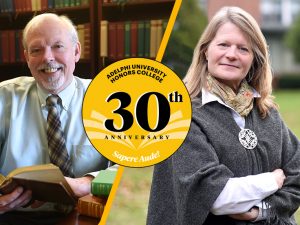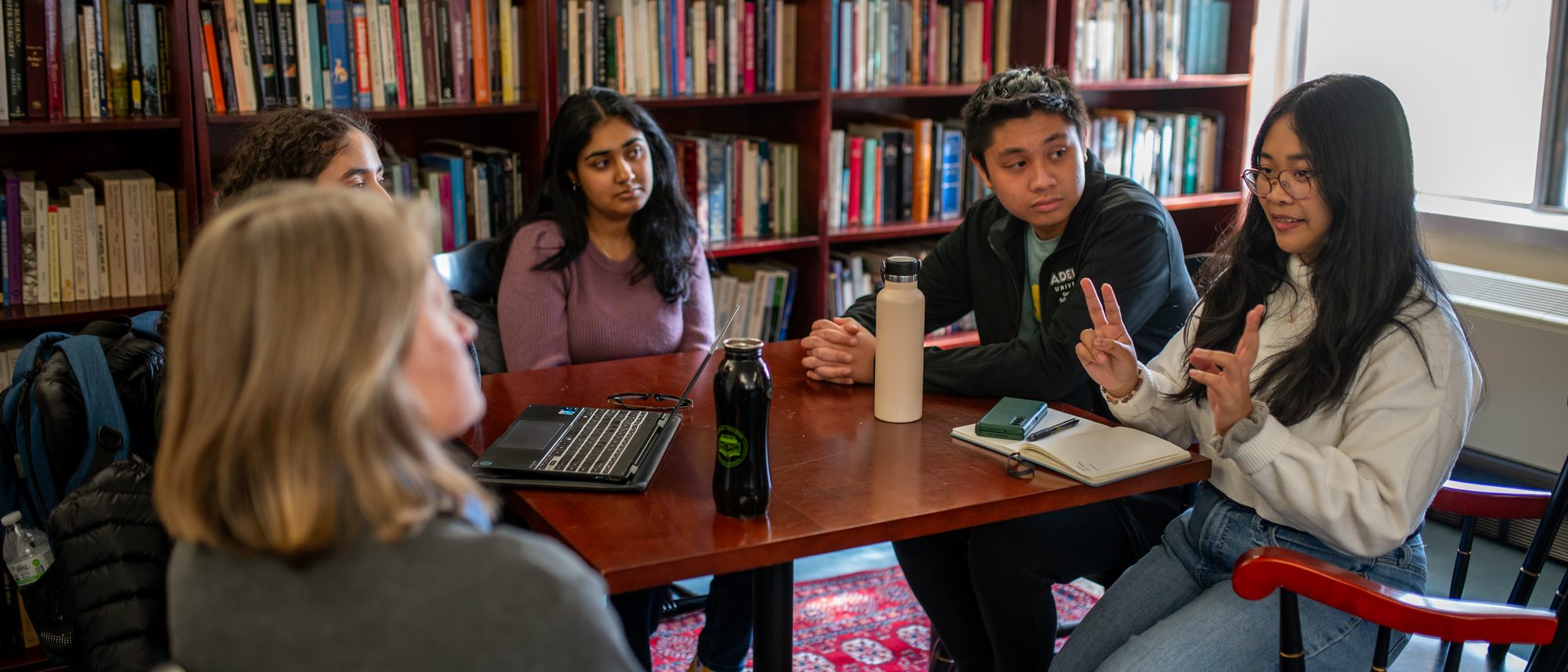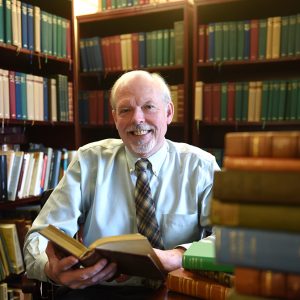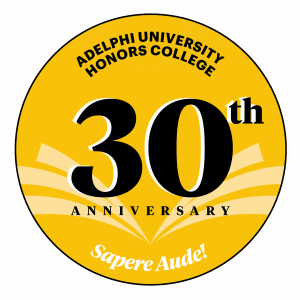Just in time for Halloween, with its emphasis on disguised identity, comes our reading recommendation for this week: Viet Thanh Nugyen’s The Sympathizer, which begins, “I am a spy, a sleeper, a spook, a man of two faces.” In the New York Times, London correspondent Sarah Lyall explained, “His novel is a spy thriller, a philosophical exploration, a coming-of-age tale, the story of what it’s like to be an immigrant, to be part-Asian, to be the illegitimate child of a forbidden liaison. It’s about being forced to hide yourself under so many layers that you’re not sure who you are.” Winner of the Pulitzer Prize and the MacArthur “Genius Grant”, Nguyen is also a professor of English, American Studies and Ethnicity and Comparative Literature at the University of Southern California; during Registration this week, consider adding an elective in one of these areas for your Spring semester!
Registration for Spring 2026 begins and Halloween during this week.




